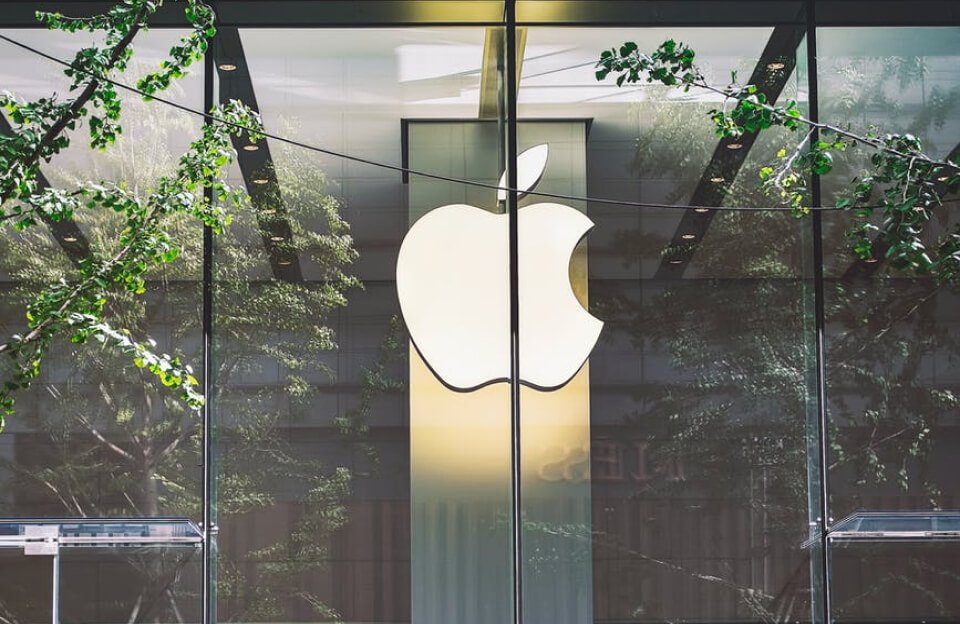The Uncomfortable Truth About Apple’s China Strategy
Just one day after being publicly lambasted by the U.S. Attorney General for being “acquiescent to the Chinese Communists,” Apple cut the ribbon on a new megastore in Beijing. The timing was so audacious, it felt like a scene from a political satire. But this was no parody; it was a stark illustration of the uncomfortable truth at the heart of the global technology landscape.
On July 16, 2020, William Barr delivered a blistering speech, accusing Apple and other American tech giants of sacrificing American values for Chinese market access. He painted a picture of a company that kowtows to an authoritarian regime, censoring apps and compromising user data. The very next day, Apple unveiled a gleaming new retail palace in Beijing’s upscale Sanlitun district, more than double the size of its original 2008 flagship store in the same location. The message, whether intended or not, was clear: business as usual.
This juxtaposition of scathing political criticism and unapologetic business expansion forces us to confront a difficult question: Is Apple a villain, a victim, or simply a pragmatic player in a complex geopolitical game? While it’s easy to condemn Apple’s actions from a moral high ground, a closer look reveals a far more nuanced and uncomfortable reality.
The Economic Imperative: Why Apple Can’t Just Walk Away
To understand Apple’s actions, we must first acknowledge the sheer scale of its Chinese operations. China is not just a market for Apple; it’s an indispensable part of its global machine. In 2020, Apple was the fifth-largest smartphone vendor in China, with a respectable 10% market share in a fiercely competitive landscape dominated by local giants like Huawei. Beyond sales, China is the linchpin of Apple’s manufacturing and supply chain, a complex ecosystem that has been built up over decades and cannot be easily replicated elsewhere.
William Barr’s speech, while powerful in its rhetoric, conveniently sidestepped this economic reality. He accused Apple of a “double standard” for resisting U.S. government access to encrypted data while allegedly allowing Chinese authorities to penetrate its phones. As he put it in his speech at the Gerald R. Ford Presidential Museum:
“Do you think when Apple sells phones in China that Apple phones in China are impervious to penetration by Chinese authorities? They wouldn’t be sold if they were impervious to Chinese authorities.” [1]
This is a serious accusation, but it oversimplifies a complex issue. Apple, like any multinational corporation, must comply with the laws of the countries in which it operates. In China, this means adhering to a legal and regulatory framework that is often at odds with Western democratic values. The decision to transfer some iCloud data to Chinese servers, for example, was a direct response to a 2017 Chinese law requiring all data from Chinese users to be stored within the country’s borders. Apple’s choice was not between protecting user data and appeasing the Chinese government; it was between complying with Chinese law or exiting the market entirely.
This is the uncomfortable truth that critics often ignore. For a company like Apple, with billions of dollars in revenue and hundreds of thousands of jobs on the line, a complete withdrawal from China is not a realistic option. It would be a catastrophic blow to its bottom line, its supply chain, and its global competitiveness. This is not to say that Apple’s choices are beyond reproach, but it is to say that they are not made in a vacuum. They are the product of a complex calculus of economic necessity, legal obligation, and geopolitical pressure.
The Hypocrisy of Selective Outrage
Another layer of complexity is the selective nature of the criticism leveled against Apple. While Barr’s speech singled out a few high-profile tech companies, the reality is that a vast number of American corporations across all sectors have made similar compromises to operate in China. From Hollywood studios that censor their films to appease Chinese authorities, to manufacturing giants that rely on Chinese labor, the entanglement of American business with the Chinese state is a widespread phenomenon.
Barr himself acknowledged this in his speech, noting that “Hollywood now regularly censors its own movies to appease the Chinese Communist Party.” He cited the example of the movie “World War Z,” where a scene speculating that a virus originated in China was removed to secure a distribution deal. This is just one of many examples of American companies bending to the will of the Chinese government. To single out Apple for its actions while ignoring the broader context of American corporate complicity is, at best, disingenuous.
Furthermore, the U.S. government itself is not immune to this hypocrisy. While politicians are quick to condemn companies for their ties to China, they often overlook the fact that the U.S. government itself is a major purchaser of Chinese-made goods. The very devices that members of Congress use to tweet their outrage are likely assembled in China. This is not to excuse the actions of any single company, but it is to say that the issue is far more complex than a simple narrative of corporate greed versus American values. It is a systemic problem that implicates not just corporations, but also consumers and the government itself.
The Path Forward: Beyond Condemnation
So, what is the path forward? It is easy to stand on the sidelines and condemn Apple for its choices. It is far more difficult to grapple with the complex realities of a globalized world where economic interdependence is a fact of life. The uncomfortable truth is that there are no easy answers. A complete decoupling from China, as some have suggested, would be economically devastating for both the United States and the global economy. At the same time, a policy of uncritical engagement risks emboldening an authoritarian regime and compromising our own values.
Perhaps the most constructive approach is to move beyond simplistic condemnation and engage in a more honest and nuanced conversation about the role of corporations in a complex world. This means acknowledging the economic realities that companies like Apple face, while also holding them accountable for their ethical responsibilities. It means recognizing that the issue is not just about the choices of a single company, but about the broader systemic challenges of a globalized economy.
Ultimately, the story of Apple’s new megastore in China is not just a story about one company. It is a story about the future of globalization, the role of technology in a polarized world, and the difficult choices that we all face as consumers, citizens, and members of a global community. It is a story that is far from over, and one that will continue to challenge our assumptions and force us to confront the uncomfortable truths of our time.
References
[1] Transcript of Attorney General Barr’s Remarks on China Policy at the Gerald R. Ford Presidential Museum. (2020, July 17). The United States Department of Justice.



